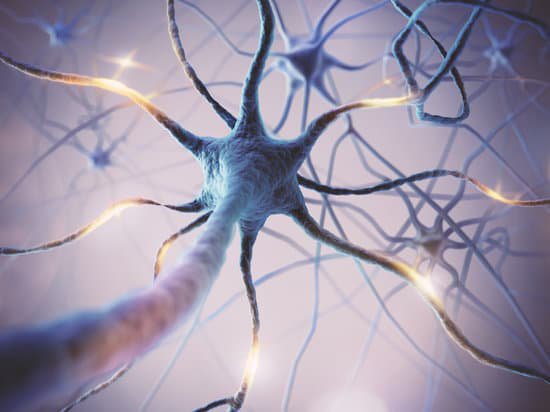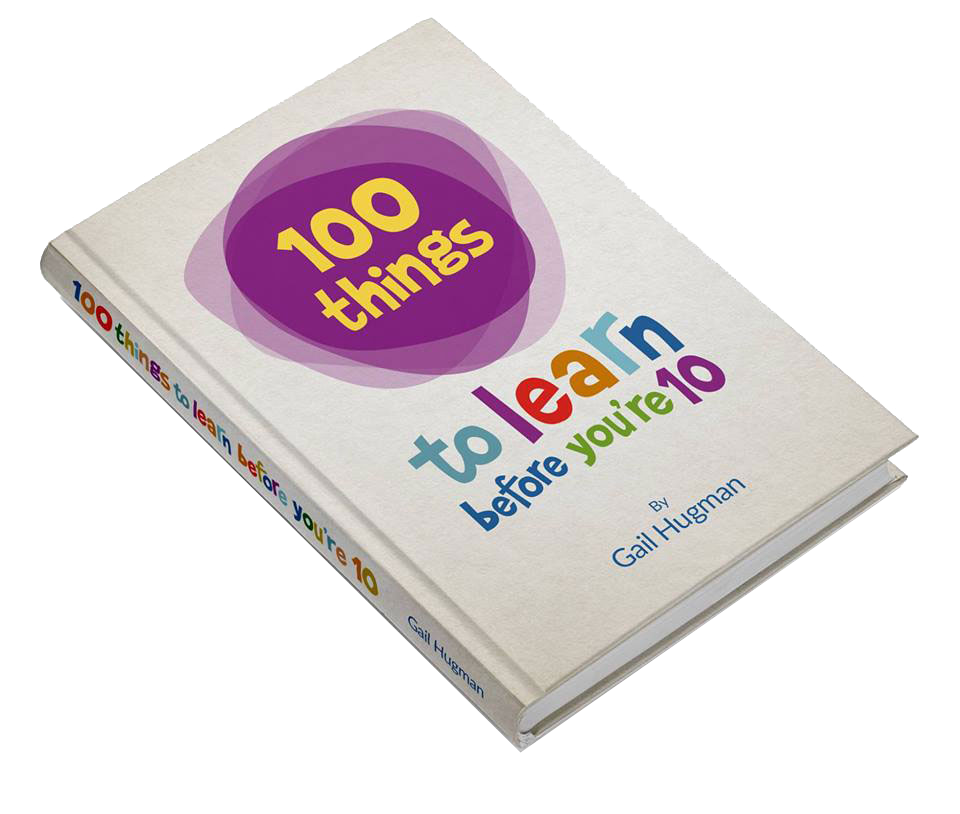“What is it you find most challenging in teaching?” I asked the young colleague as we escorted a coach full of children after a science fair.
He thought for barely a moment before saying, ‘Motivation. I can get the children to do what I want them to do, but I can’t make them want to do it’. His answer interested me and caused me to ask, why?
Why does it matter whether they want to do it?

Surely all that matters is that they do, do it’, whatever that ‘it’ might be.
Well, no, it seems that after years of researching to answer this question, it really does matter that they want to do it! And the reason it matters, is myelin.

Myelin it turns out, is a substance manufactured in the brain during the learning process, which, according to medical science is ‘vital to the normal functioning of the nervous system’. Wow.
Let me explain
You may not think about it very often, but we are all a whole lot more than flesh and blood. You’re not your body.
You’re not your brain. You’re not even your left foot!
The flesh and blood we do have, serve as the anchor for the living, breathing energetic being that we call ‘you’ or ‘me’.
We have intelligence, sensitivity, creativity and extraordinary powers of healing and perception.In fact, the majority of our talents cannot be seen with the naked eye, unless we manifest them physically.

Knowing this, we can appreciate that at birth, children carry the potential for development, growth and creativity.
These come in the way we’re designed, and in that respect, we’re all equal.
At the point of birth, only part of our brain is programmed.
The unconscious part of the brain carries the coding for us to grow and develop – we don’t even need to think about it! Development will occur automatically.
As soon as we enter the world, we begin to gain experience, impressions,
and sensations. Our brains have no reference at all before birth because we are designed in a way that means we have to learn what we need for life once we arrive.
Babies make noise, which is refined into language. They make movements, which are developed into specific actions. They automatically observe, listen, feel, and absorb a phenomenal amount of information in the first few years of life.
They are highly motivated to acquire skills and knowledge and do everything they can to achieve this, including gathering the strength and ingenuity to get on their feet and start travelling so they can explore and learn more!

Neuroscientists are now able to tell us this automatic activity, is part of the brain’s drive to create neural pathways and gather reference which will program it.
When behaviour is repeated, the neural pathway for it becomes stronger and after a while, with persistence and passion, the brain wraps the neural pathway in a substance called myelin.

The more we run that pathway, the more myelin it creates.
Believe it or not, myelin is extremely helpful to us because it allows us to do things automatically. Without myelin, the pathways fade and disappear.
This is how learning happens and skills develop.
The brain does not discriminate between what is helpful to us and what is not. This is why it’s important we understand the process of motivation and its role in learning.
We intuitively, actively welcome and encourage babies to learn names of people and objects from a very early age.
We delight in their progress when they start to recognise people or things and our delight thrills and confirms the baby’s brain, so it knows it’s on the right track and it manufactures more myelin.
This is all very positive. All very natural. And all driven by the child’s natural desire to grow, learn and develop, guided by what they feel inclined to do.
The difficulty comes when we direct them away from what they ‘feel’ like doing.
Whether that is:
- cutting a short a playdate
- sending them to bed when they’re right in the middle of their lego
- or telling them they can’t have the iPad until they finish their homework.

Whatever the trigger, the motivation switches from wanting to do what they were doing to wanting to avoid what you’re telling them to do because you’re interrupting the process they’re in!
At this point you may find:
- they object, you persuade;
- they stomp, you scold;
- they whine, you put your foot down (or bribe?);
- they cry and you console and then
- – when you’re both exhausted –
- they may finally do what you’ve asked them to do, even if somewhat begrudgingly.
While it’s a relief to get through the argument to get the job done, there won’t be the necessary motivational starter for the brain to create the pathways leading to myelin manufacture.
The question then is, what is your child actually learning?

If we go back to the beginning and look at what your child is highly motivated to do
– acquire skills and knowledge in line with their growth and development –
then we need to explain everything we ask of them in keeping with this core drive.
Here are some examples to help you.
Your child refuses to do their homework because they can’t see the point of it:
Suggest ONE of the following core, development reasons:
- Use this homework to develop self-discipline (e.g. put the iPad away and make yourself focus until this is finished).
- Use the homework to improve timing (decide how long to spend, time it. No recrimination, their brain needs to know how realistic their estimates are when they look at a piece of work. Make timing the focus for the week/month and aim to do a little more each time).
- Use the homework to develop memory skills (depends what it is and if that is possible!).
- Use the homework to improve presentation skills. (This is to do with developing self control and fine motor skills).

By switching the focus from what may appear to your child to be a pointless exercise, to a core development that is measurable and can be confirmed by congratulation; they are more likely to get engaged, create myelin and give you a positive response.
Start small!
One focus at a time!
Keep it specific to achieve clear, measurable development.
We know that very small children will repeat the same action or the same story over and over because this is how the neural pathways thicken and result in myelin production, which secures the development and spurs them on.
With any new skill, repetition is needed to establish the pathways and create myelin. As children grow, the skills become more sophisticated and internalised but they still need the repetition to secure the new behaviour and learning.

Sometimes they need a little help to find the core meaning in what they are asked to do and that is where you can help.
I hope this has given you a little more insight into the importance of motivation, the role it has in learning and the impact it can have on your child’s development.
As an educator who specialises in motivating children and who is fascinated by how we learn, I wholeheartedly recommend Daniel Coyle’s book ‘The Talent Code – greatness isn’t born, it’s grown’ which explained and confirmed so much that I have experienced and witnessed in teaching children.
For more help motivating your child, get in touch for a no-obligation chat to see how I may help further.
Thank you for reading!
Gail Hugman






Leave a Reply